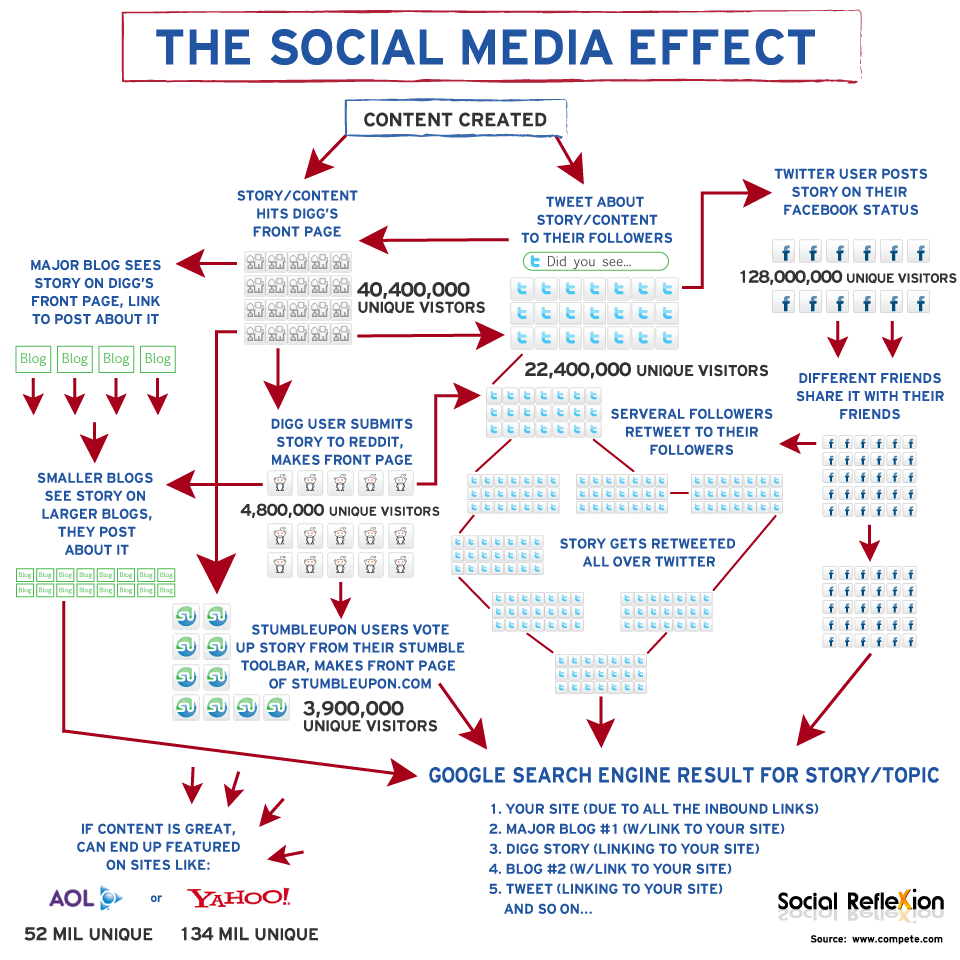Democratizing Production: Semco, Brazil
 A company full of crazy people? A Group of nutters? If you think that Semco is something along these lines, you’re not entirely wrong. However, it is not by chance that unconventional ideas are created at this company. They are created and managed within an open management model, different from conventional models and this is exactly what we want. You can now find out more about the Semco Way.
A company full of crazy people? A Group of nutters? If you think that Semco is something along these lines, you’re not entirely wrong. However, it is not by chance that unconventional ideas are created at this company. They are created and managed within an open management model, different from conventional models and this is exactly what we want. You can now find out more about the Semco Way.


 A leaked draft of the new Czech Copyright Act was obtained by Pirate News at the beginning of August 2010, after the Ministry of Culture has initially declined the request of Czech Pirate Party to have access to the document three days after the draft was sent out for feedback to organizations affected by the proposal. The draft presents a storm of “improvements” which grant millions of euro from public sector budgets to collecting societies.
A leaked draft of the new Czech Copyright Act was obtained by Pirate News at the beginning of August 2010, after the Ministry of Culture has initially declined the request of Czech Pirate Party to have access to the document three days after the draft was sent out for feedback to organizations affected by the proposal. The draft presents a storm of “improvements” which grant millions of euro from public sector budgets to collecting societies. 

 The “Missouri School” of critical agrifood studies has provided an effective framework for documenting and understanding the structural dimensions of the global agrifood system and locating important nodes of power. This has directed attention toward the negative impacts of industrialization and corporate concentration on agricultural producers, local communities and economies, and the environment. Using these critical insights, pressure on the dominant agrifood system by civil society organizations has resulted in important changes to production and marketing strategies and related public policies. We broaden this discussion by using social movement and livelihoods theory to explore the position of limited resource and minority producers in the southern United States. This analysis helps us to identify spaces for local responses in community-based cooperatives and other organizations.
The “Missouri School” of critical agrifood studies has provided an effective framework for documenting and understanding the structural dimensions of the global agrifood system and locating important nodes of power. This has directed attention toward the negative impacts of industrialization and corporate concentration on agricultural producers, local communities and economies, and the environment. Using these critical insights, pressure on the dominant agrifood system by civil society organizations has resulted in important changes to production and marketing strategies and related public policies. We broaden this discussion by using social movement and livelihoods theory to explore the position of limited resource and minority producers in the southern United States. This analysis helps us to identify spaces for local responses in community-based cooperatives and other organizations. 
 AdSense, the advertisement company behind Google, is comprised of several products. The most popular are AdSense for content, which allows publishers to generate revenue from ads placed alongside web content, and AdSense for search, which allows publishers to place a custom Google search engine on their site and generate revenue from ads shown next to search results. Since AdSense for content and AdSense for search offer publishers different services, the revenue shared with publishers differs for each of these products.
AdSense, the advertisement company behind Google, is comprised of several products. The most popular are AdSense for content, which allows publishers to generate revenue from ads placed alongside web content, and AdSense for search, which allows publishers to place a custom Google search engine on their site and generate revenue from ads shown next to search results. Since AdSense for content and AdSense for search offer publishers different services, the revenue shared with publishers differs for each of these products.